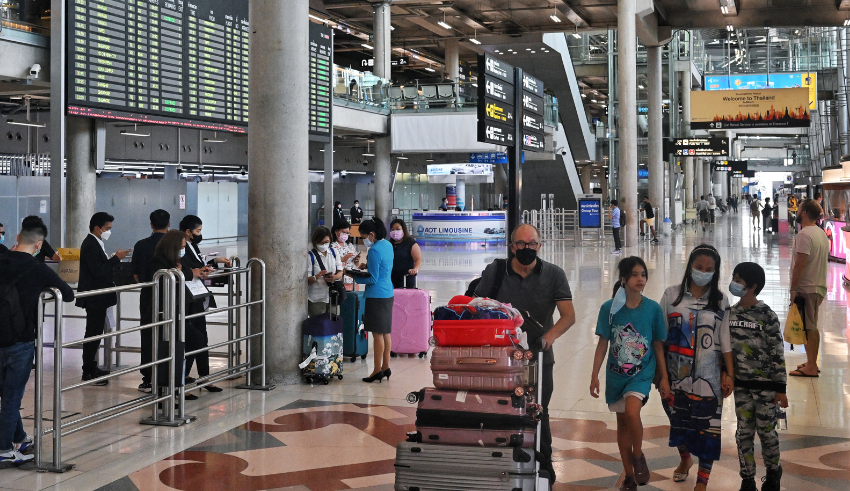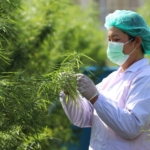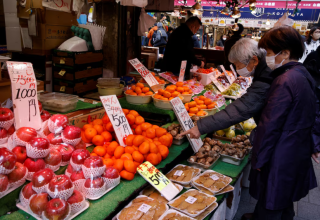
Thailand’s jobless rate has reached its lowest point in three years during the first quarter, signaling a positive recovery in the country’s labor market. The remarkable decline in unemployment can be attributed to the resurgent tourism industry, which has seen a significant revival in recent months.
The COVID-19 pandemic had a devastating impact on Thailand’s tourism sector, leading to widespread job losses and economic challenges. However, with the successful implementation of vaccination campaigns and the easing of travel restrictions, the country’s tourism industry has experienced a strong comeback, leading to a surge in job opportunities and reduced unemployment rates.
The revival of tourism in Thailand has been a result of various factors, including the reopening of popular destinations, increased domestic travel, and the gradual return of international tourists. The steady influx of visitors has created a demand for tourism-related services, leading to the rehiring of workers and the creation of new employment opportunities.
In addition to the direct impact on the tourism industry, the rebound in the sector has also had positive spill-over effects on other sectors of the economy. Industries such as hospitality, transportation, retail, and food services have experienced a resurgence in demand, driving job creation and contributing to the overall decrease in the unemployment rate.
Keep Reading
The Thai government’s efforts to support the tourism industry’s recovery have played a crucial role in the positive employment trend. Measures such as financial assistance to affected businesses, promotion of domestic tourism campaigns, and collaboration with international partners to facilitate safe travel have all contributed to the sector’s revival and subsequent job market improvements.
While the decline in the jobless rate is an encouraging sign, challenges still remain. The pandemic has prompted a shift in the tourism landscape, with new health and safety protocols, changing travel preferences, and evolving consumer behavior. Adapting to these changes and ensuring a sustainable recovery will be essential for the long-term stability of Thailand’s labor market.
The positive momentum in Thailand’s job market reflects the resilience and adaptability of the country’s workforce and the gradual recovery of its tourism sector. As vaccination efforts continue and travel restrictions ease further, the job market is expected to continue its upward trajectory, providing more opportunities for workers and contributing to the overall economic recovery.
In summary, Thailand’s jobless rate reaching a three-year low in the first quarter demonstrates the country’s strong rebound in the tourism sector. The revival of tourism has led to job creation and a positive impact on various industries, signaling a promising recovery for Thailand’s economy.


























